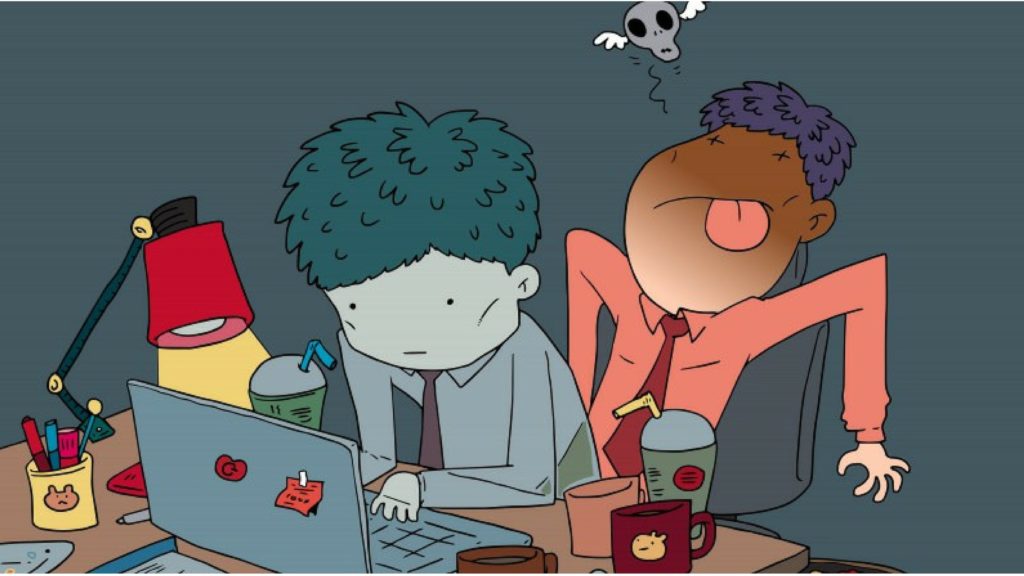‘Stuck’ student? Here’s how to persevere

It’s only the start of term and you’re dog tired and the end of term seems miles away but you are still hanging in there by the skin of your teeth. You have a hang dog look on your face and there are already piles and piles of books to mark as well as a multitude of emails which are overwhelming you.
You are still prepping lessons, personalising them for your pupils and doing focused interventions and not giving up. However, no matter what you do, the child or those groups of children are still not progressing.
These are the children or students that despite whatever you do, they look as if they are doing okay and then you look at the work in their books or test results and think, “What on earth happened here?”
Hang in there! It is the sheer, brute resilience and determination to get their pupils to do well, despite the most challenging of circumstances that create the most effective teacher.
Much talk is made of the phrase “outstanding teaching and learning”. People new to the profession or not as experienced may think it’s the lesson where it has been observed by either senior leaders or even an Ofsted inspector where the learning has been: outstanding. The one or even three successful observations do not fully demonstrate outstanding teaching and learning. Outstanding teaching and learning need to be demonstrated in every part of your practice.
It is the day in, day out consistently good and better teaching and learning and focuses on progress on every day, every year basis that marks the outstanding teacher.
While most children will work hard in your lessons, you will always meet the complacent child. They are the pupils who can’t be bothered to do their homework despite you giving them umpteen warnings; the ones that muck around all the time; the children who turn up late to your lessons even though they live two minutes from school or the students who look at you with a shrug of their shoulders.

Children are like horses – “You can take a horse to water but you cannot make it drink”.
You also meet the “able underachiever “who is so able but they are not wanting to try and make an effort. The sad thing is, some are even willing to give up lunchtimes, breaks and have detentions rather than do their work.
Maddening! Your inner resolve is being eroded and that passion for teaching at times diminishes as you think of the uphill struggle you are facing each day to teach these children.
All teachers go through this! But it is these children that force us to dig deep and challenge our inner resilience and be more creative. Keep going! The best of teachers won’t give up and although, we will become a little dented and bruised, after a while even the most challenging children will realise you want the best for them and that you actually care.
With anyone we deal with, it is all about the relationships. With children and young people, even more so. Focus on creating a dialogue and find out what makes them tick. Keep chasing for that homework and continue to give feedback on their work even though you know they could do miles better.
Remain unfailing in your commitment to excellence, raising standards and providing access to equal opportunities.
They will soon realise you actually care. Carry out your sanctions where needed as long as they are reasonable and fair. Don’t apologise for them – we came into the profession to teach and for pupils to learn.
Avoid allowing pupils seeing standards dropping or that you are half-hearted in your approach and not picking up on things as you should. They switch off and it is harder to turn things around as their own respect for you will be on the wane. Hard to stomach but it happens. Keep going!
It may not happen straight away, but eventually those very students will admire you for your very “stickability” and what’s more, you will be viewed with grudging respect. It takes time but after a while, your reputation will develop for being strict but fair.
You may not be the most popular teacher – but who cares? You will hear those same students say to fellow pupils or younger ones, “You don’t want to mess with Mr or Ms So and So. She or he means business!” After all, who wants to be known as the “pushover”!








Responses